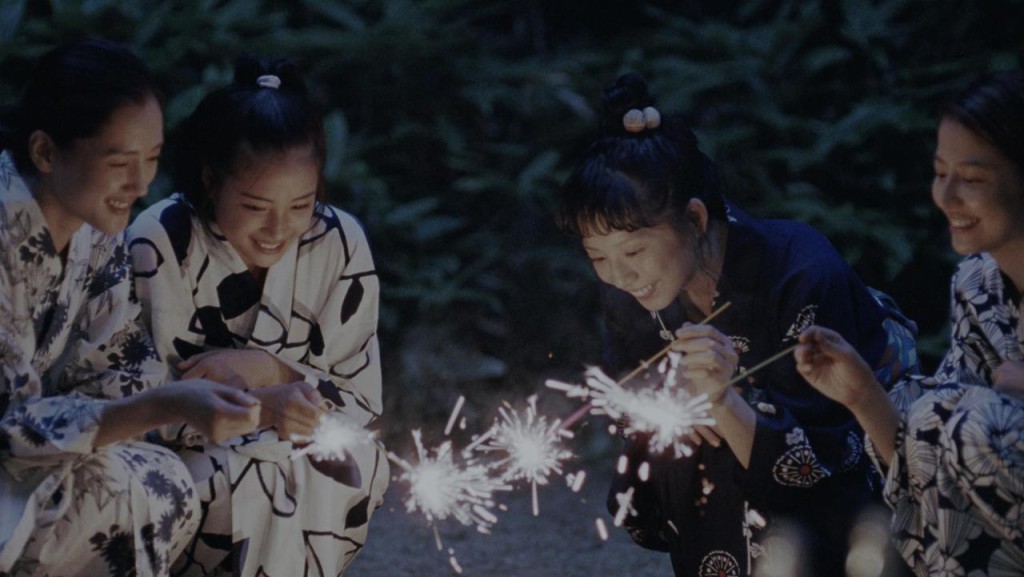Cannes: Our Little Sister review
 While it was adapted from a manga by Akimi Yoshida, Our Little Sister also follows very closely in the delicate footsteps of director Hirokazu Koreeda’s previous two films, the extraordinary I Wish and Like Father, Like Son. Once again, this is a story focused on familial relations, separation and reconciliation.
While it was adapted from a manga by Akimi Yoshida, Our Little Sister also follows very closely in the delicate footsteps of director Hirokazu Koreeda’s previous two films, the extraordinary I Wish and Like Father, Like Son. Once again, this is a story focused on familial relations, separation and reconciliation.
The lead characters this time are four sisters, the youngest of whom, a half-sister named Suzu (Suzu Hirose), has been separated from the other three for many years. Following the death of their father and the four meeting again at his funeral, the three elder sisters invite Suzu to come and live with them in their idyllic seaside house. Suzu agrees, and slowly she starts to integrate to the town, and to form a new relationship with her three sisters.
At first, the three older sisters struck me as simplistic archetypes – the sensible one, the goofy one and the lovelorn one – but these women are very quickly revealed to have a great deal of depth and complexity.
Koreeda is a master at establishing character, and so subtly that it often seems effortless for him. The audience are rarely told about the characters in a Koreeda film, but still learn lots about them over a relatively short space of time. Koreeda is one of modern cinema’s greatest humanist filmmakers, and the degree to which he cares about his characters will seep into the audience as they watch the – relatively speaking – undramatic events unfold.
That’s not to say Suzu’s move into the family home is without issue. Her mother was seen to be responsible for breaking up the relationship between the father and elder sisters’ mother; and the women all have sub-plots that involve break-ups and workplace drama. But all of these are presented in a matter of fact way, and the story never reaches out for surplus dramatics. Crucially, the events portrayed have been created with such a light touch that it feels entirely organic and always interconnected to the characters.
Nothing about Our Little Sister ever comes across as manufactured or ‘untrue,’ and the film simply invites its viewers to spend some time with the characters as though moving in with real people, and going alongside them through their changing emotions and daily experiences.
One side effect of this is an intermittent sense that Our Little Sister isn’t quite going anywhere. It’s certainly not a film that trades in its plot. Nonetheless, Koreeda has told this simple story with grace and beauty, and in a way that ensures that the audience will be genuinely sad to leave these characters behind when the end credits begin.